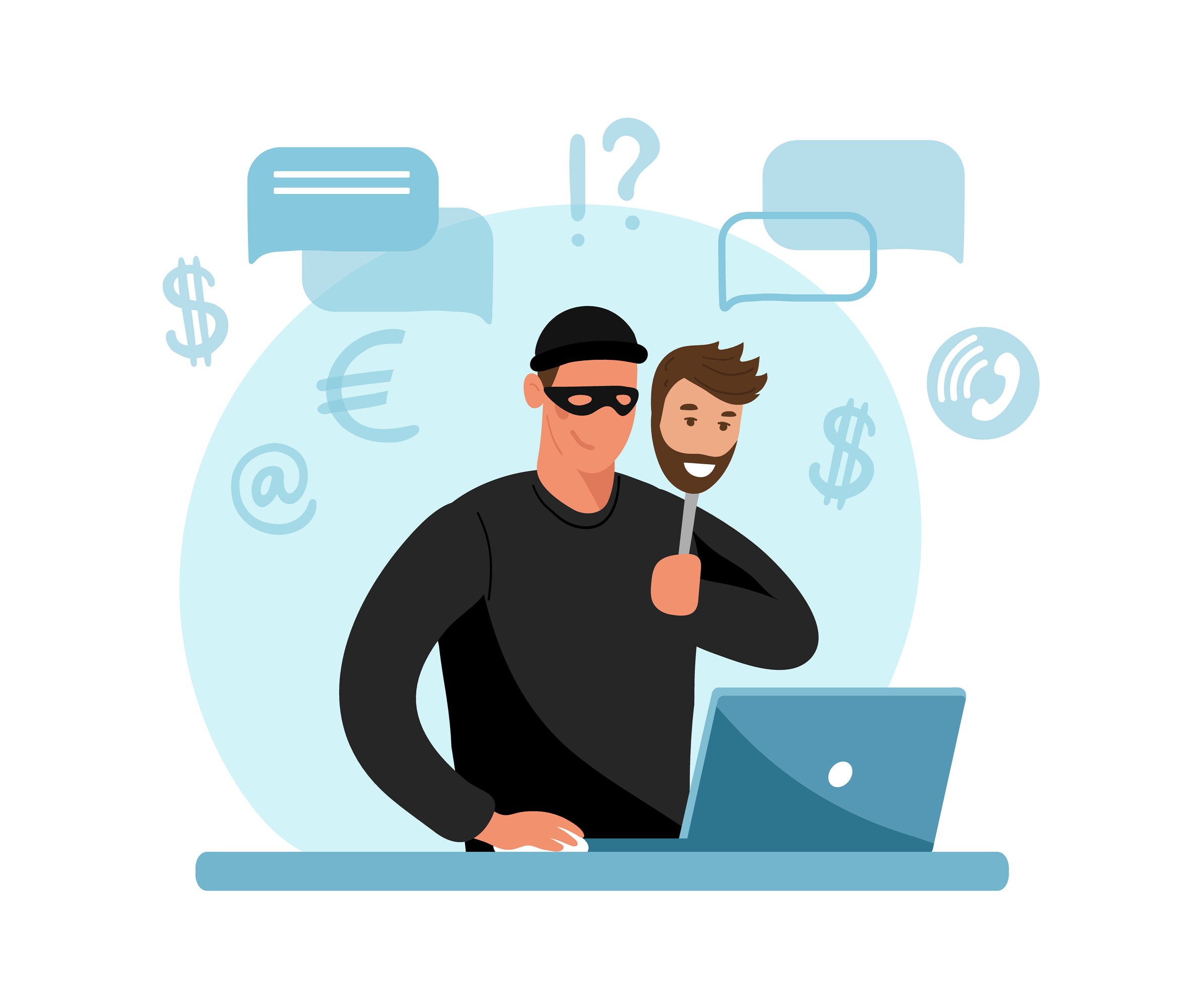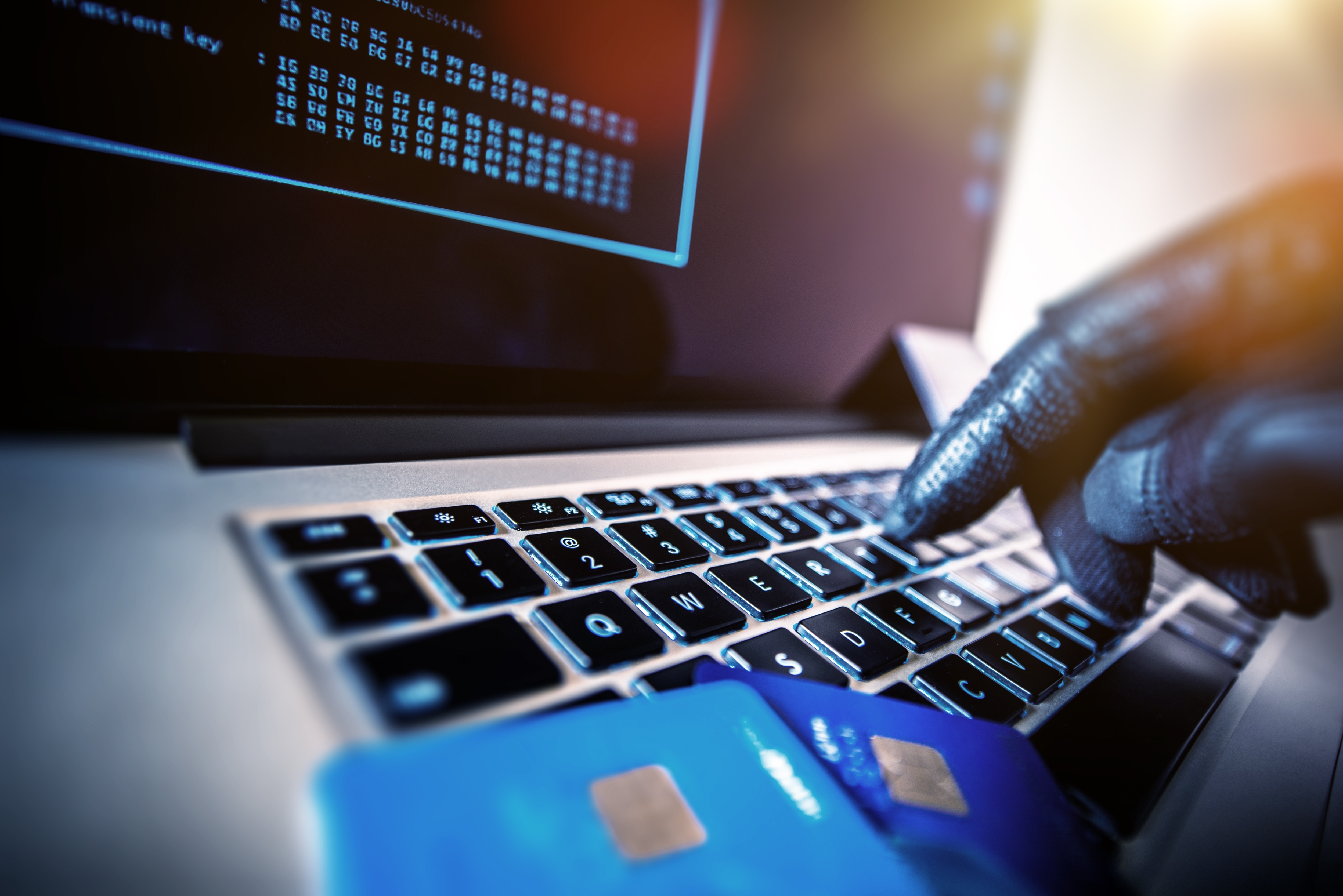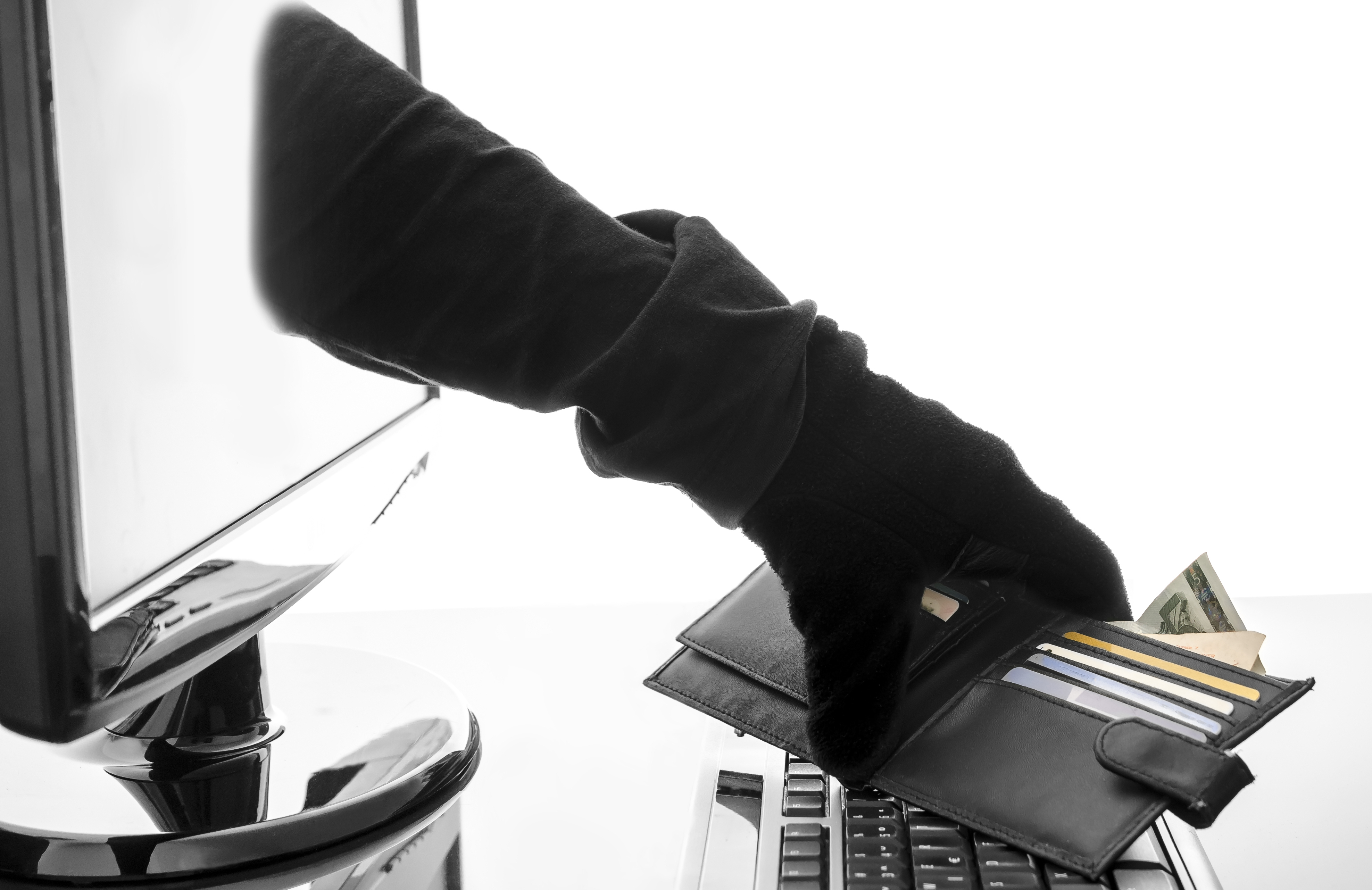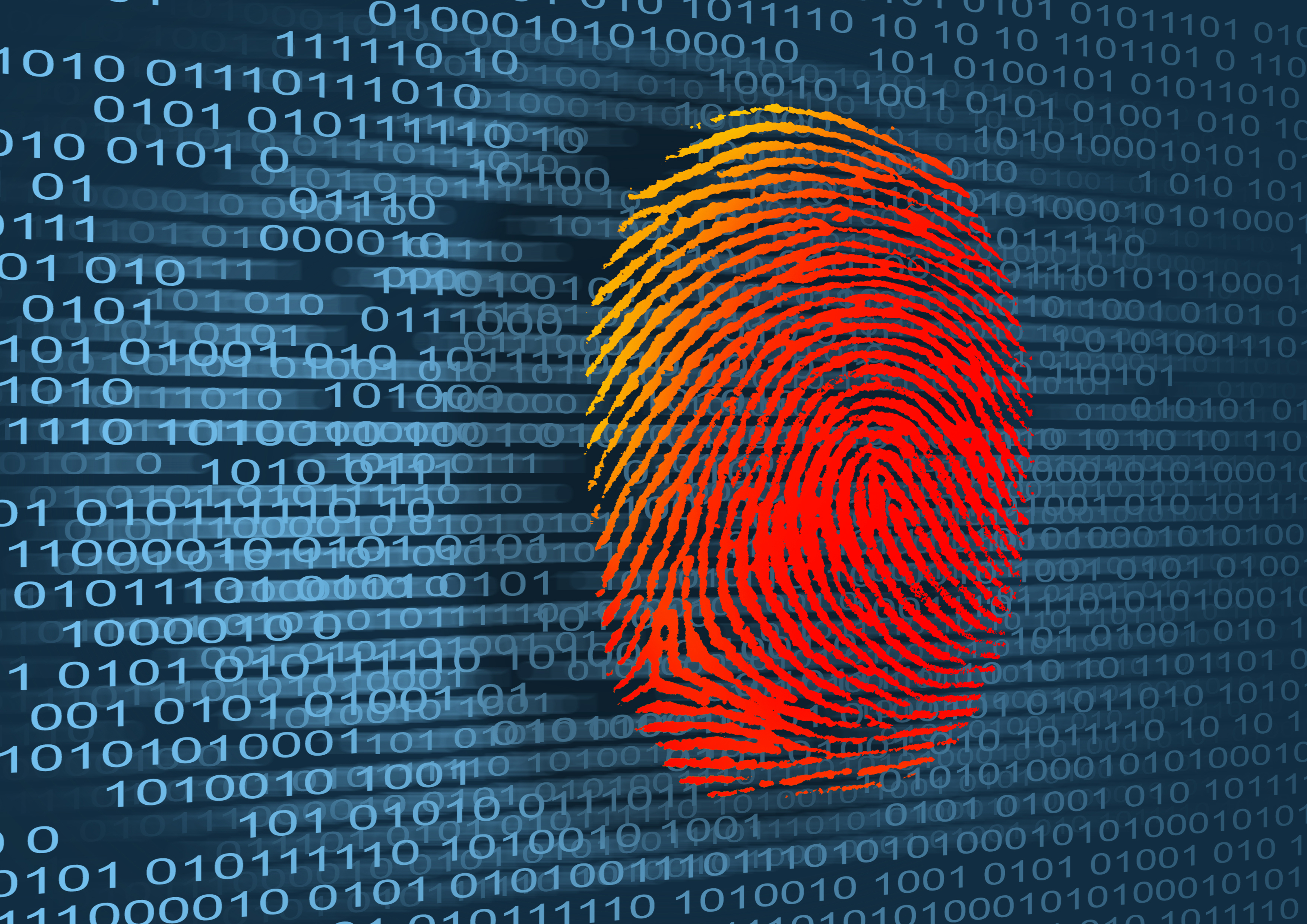What to do if you're the victim of identity theft

Whether or not you enjoy being yourself, the fact remains that someone out there wants to be you — at least for as long as they can profit from doing so.
Identity theft is one of the fastest-growing crimes in the United States, perhaps even the world. This is unsurprising. As we store more of our personal data online and with more businesses and brands, the likelihood of that data falling into the wrong hands grows ever higher.
And if you think that the organizations to which you've entrusted your personal information will go to the necessary lengths to protect it, think again. The number of data breaches we've seen over the past five years is, in a word, disgraceful. Certainly, in some cases, businesses have found their systems compromised through no fault of their own — or, failing that, due to an honest mistake.

But for every business that suffers a breach in spite of its best efforts, you have companies that seem as though they simply cannot be bothered. Companies like Equifax, which was attacked through a bug in outdated software. Organizations such as SolarWinds, which, although struck by arguably one of the most sophisticated cyberattacks of the decade, also protected critical systems with the password solarwinds123.
In short, you cannot trust that businesses will prioritize the safety of your personal information. You need to make sure you take the necessary steps on your own. Part of that involves knowing how to recognize that you're a victim of fraud — and understanding what to do if you are.
How can you tell your identity has been stolen?

Unfortunately, if you aren't already monitoring your digital footprint, there's really no surefire way to tell if you've been defrauded. Not until the damage has already been done, anyway. That said, per the FTC, there are a few warning signs you should look out for:
Speaking of data breaches, if your information was involved in a breach in any way, it's better to play it safe and assume you've been compromised. Assume that, if you aren't the victim of fraud already, you will be soon. That way, you can go through the necessary measures to protect yourself.
What can you do about identity theft?

So, the evidence has piled up and you're reasonably certain you've been defrauded. What next? Unfortunately, that's the bad news — recovering from identity theft tends to be an incredibly difficult, involved process.
Protecting your accounts
First thing's first, change all your passwords immediately. Invest in a password manager if you haven't done so already. We'd also strongly advise contacting your carrier, ISP, and utility companies to notify them of the fraud.
Reporting the theft
Your first step is to contact the requisite government agency to file a report. You'll likely need to fill out a form or series of forms and provide them with proof that you are who you claim to be. There are a few reasons you'll want to do this right away.
First and foremost, anything involving the government takes time, especially with the chaos sown by the coronavirus pandemic. You want to get the wheels turning on this as soon as humanly possible. That leads us to our second reason, which is that once your form is approved, you'll be given concrete proof that your identity has been stolen.
That proof can be used with creditors and insurance providers to help safeguard you from the consequences of fraud. You may also want to contact law enforcement and file a police report. Make sure you've as much documentation as possible here.
Finally, if you'll want to contact your insurance providers to notify them of the fraud, and potentially file a claim.
Securing your finances

Next, you're going to want to get in touch with any credit agencies and banks with which you have accounts. Make sure you do this no more than two days after first becoming aware that you've been defrauded. Provide them with any documentation you can, and be aware that you may need to freeze or cancel the affected accounts.
You also need to get in touch with a credit bureau, at which point you've two choices.
Option one is to have them issue a fraud alert on your credit file. Anyone attempting to open a new bank account or credit account in your name will ping the alert, and you'll be contacted by the issuing business. This is something you can do even if you don't have concrete proof your identity has been stolen.
Option two is to simply lock everything down. This is known as a credit freeze. No accounts will be opened in your name, and creditors will be unable to access your information.
Recovering
Depending on what information was stolen and what the criminal did with it, you may need to take any (or all) of the following steps:
How can you prevent future fraud attempts?

Identity theft is no laughing matter. Today's cybercriminals can misuse even the smallest scrap of data in a number of frightening ways. Keeping yourself safe requires constant vigilance and mindfulness.
Pay attention to your mail and your financials. Know the red flags of digital phishing and fraud, and understand how to protect yourself against social engineering. Practice good password hygiene and safe browsing practices, and make sure you're using the right security software to augment your own efforts.
Here's where Bitdefender comes in. Bitdefender Total Security is a powerful, multi-layered security solution designed to protect you against everything from ransomware to targeted attacks on your network. Bitdefender Digital Identity Protection, meanwhile, actively monitors your online presence, notifying you immediately of anything suspicious and providing expert guidance on how to address any issues that surface.
Sign up to get the BEST of Tom's Guide direct to your inbox.
Get instant access to breaking news, the hottest reviews, great deals and helpful tips.
